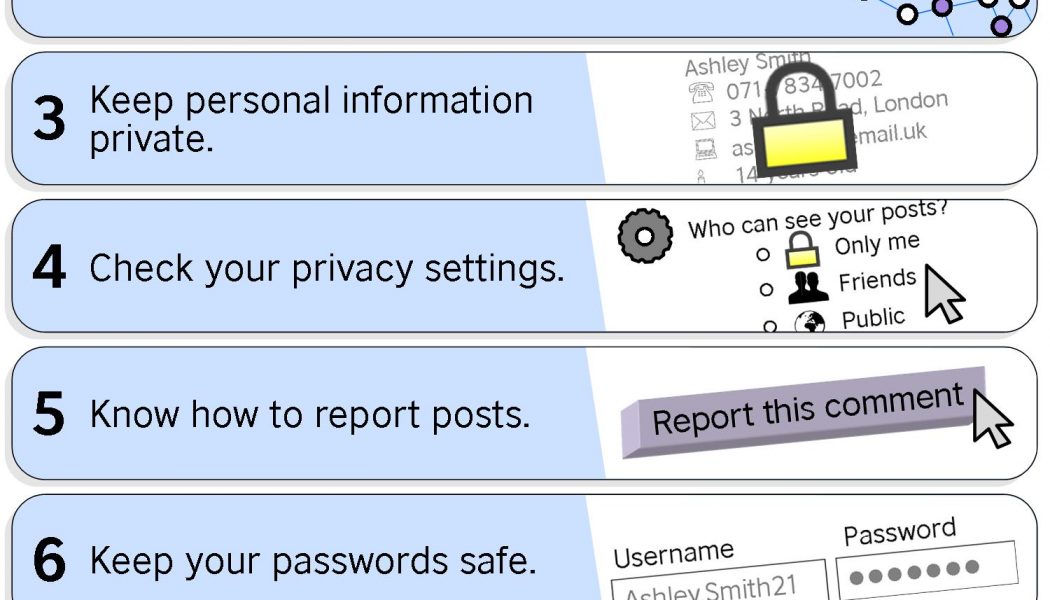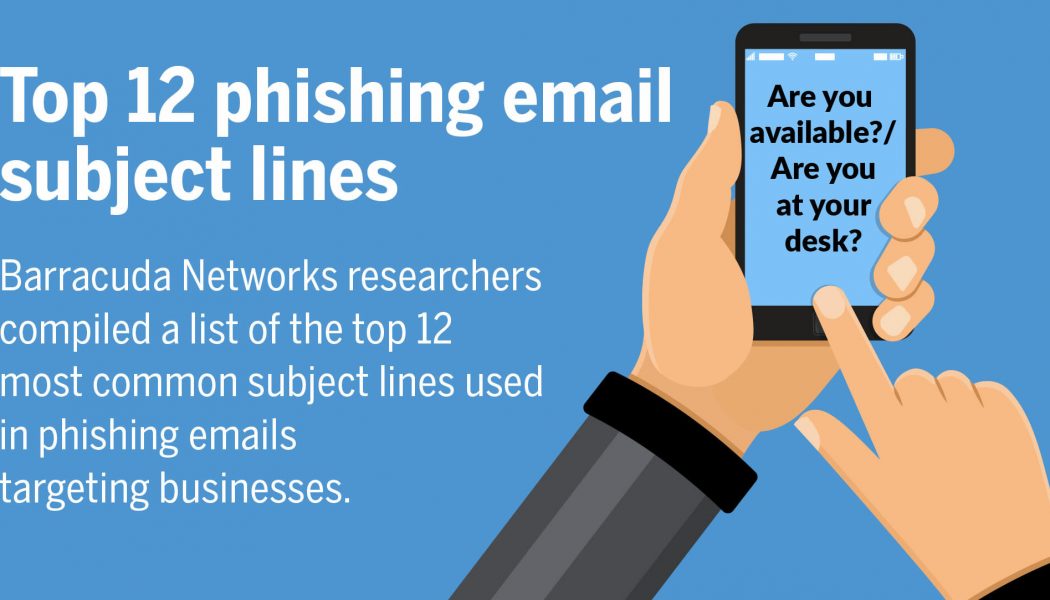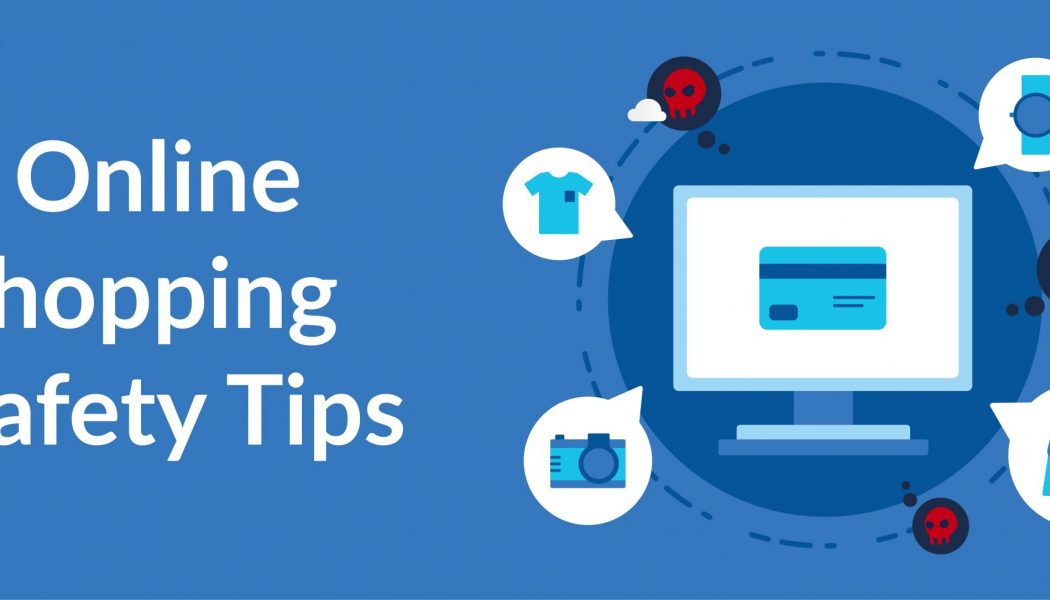Cybersecurity Tips
7 Online Banking Security Tips for Africans
The Internet and the digital migration of the last three decades have pulled Africa closer to the rest of the world. Trends in various fields reach us more quickly now, and the continent is moving at the same rate as developed countries in markets such as online banking. Unfortunately, not many Africans know the risks they expose themselves to when accessing their bank accounts remotely and therefore go about making transactions without any caution whatsoever. In this article, we shall discuss top tips to avoid the security risks associated with online banking. 1. Use a VPN Do you have a device that you frequently use to access your online banking account? If you do, consider equipping it with a virtual private network. Virtual private networks (VPNs) anonymize internet connections, making...









